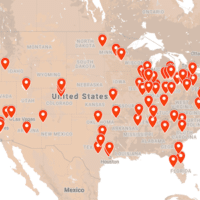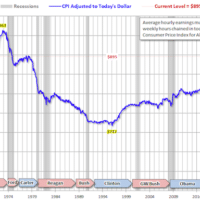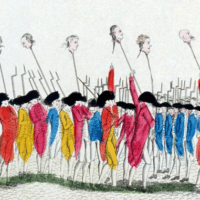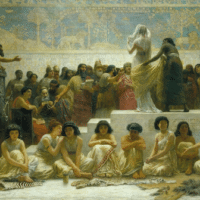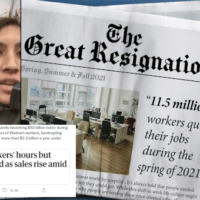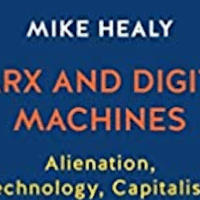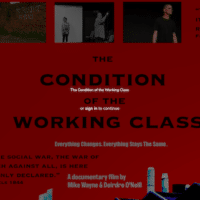-
Why Amazon is terrified of Its U.S. workers unionizing
Amazon continues to abuse its warehouse workers, both in its day-to-day treatment of them and in its thuggish, law-breaking campaign to prevent unionization in the U.S.
-
Auto Workers win direct Democracy in referendum
It’s a historic win for reformers in one of the nation’s most important unions, where members have pushed for this change for decades.
-
Some striking Kellogg’s workers call for boycott of company products in U.S.
Union negotiators said they were prepared to meet the company for another round of negotiations next week but their offer was rebuffed by bosses, who claimed they were left with no choice but to permanently replace those on strike.
-
This victory gives confidence for future struggles: The Forty-Seventh Newsletter (2021)
On 19 November 2021, a week before the first anniversary of the farmers’ revolt, India’s Prime Minister Narendra Modi surrendered.
-
On the road from Detroit to South Africa: Black radical internationalist traditions
Roy Singham reminisces about his work with the late General Gordon Baker, Jr. and the League of Revolutionary Black Workers (LRBW) in Detroit and its connections with South African workers.
-
Millions more want to quit
The “Great Resignation” refers to the millions of people who have quit their job over the past 20 months, “more than 4.4 million alone in September” which is about the same as the previous month.
-
New ‘Union-Busting Tracker’ debuts online
On Nov. 6, a group of volunteers launched a Web page called the ‘Union-Busting Tracker’ to post examples of union-busting. Eleven days later, they’d listed 180 separate cases, naming the employers and the union-busting outfits they’d hired.
-
Capitalism and workers’ power
You don’t have to read Marx to understand the lack of power workers have under capitalism.
-
U.S. workers in motion: an assessment of labor’s gains
The reality is that the labor movement has a long struggle ahead and it should not be distracted by unwarranted fears of inflation.
-
Class conflict and economics
A funny thing happened on the way to the recovery from the Pandemic Depression: class conflict is back at the core of economics.
-
Review: The Alienation of Love
More than just bear it, capitalists today demand we love our exploitation. Sara Bennett reviews a new book on the new emotional demands on workers, arguing it aid us in our understanding of modern class relations.
-
Women’s work in the first civilisations
The work performed by women, particularly work in the household and in the health sector, has received much attention in feminist and left-wing debate in recent years.
-
“Rampant Issues”: Black farmers are still left out at USDA
Farmers of color received less than one percent of the payments even though they are five percent of all U.S. farmers.
-
Record numbers of workers are quitting and striking
The seriousness of the situation was confirmed by the latest Bureau of Labor Statistics report showing that a record 2.9 percent of the workforce quit their jobs in August, which is equivalent to 4.3 million resignations.
-
‘Let’s put a wrench in things now’
Ten thousand John Deere workers in Iowa, Illinois, and Kansas launched an open-ended strike October 14.
-
Why do bosses keep trying to kill us?
Wittenoom is an abandoned town in the desert north of Perth. Once, it had a population of almost 1,000, making it the biggest town in the Pilbara. Now, it’s been removed from maps and cut off from all essential services, to stop people from visiting.
-
Mike Healy: ‘Marx and Digital Machines: Alienation, Technology, Capitalism’
Healy’s exquisite book applies several recent frameworks of alienation to two groups of workers–IT workers and academics.
-
Women hold up more than half the sky: The Forty-First Newsletter (2021)
Indian peasants and agricultural workers remain in the midst of a country-wide agitation sparked by the proposal of three farm bills that were then signed into law by the right-wing Bharatiya Janata Party government in September 2020.
-
The condition of the working class
Everything changes and yet everything stays the same.
-
In historic vote, 60,000 Hollywood workers authorize first ever countrywide strike
Workers employed in major film and television production houses have complained of abysmal working conditions such as long hours, often exceeding 12 hours a day, low wages and low healthcare contributions from producers.







